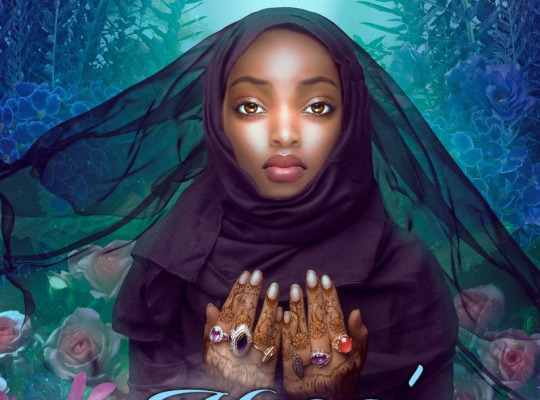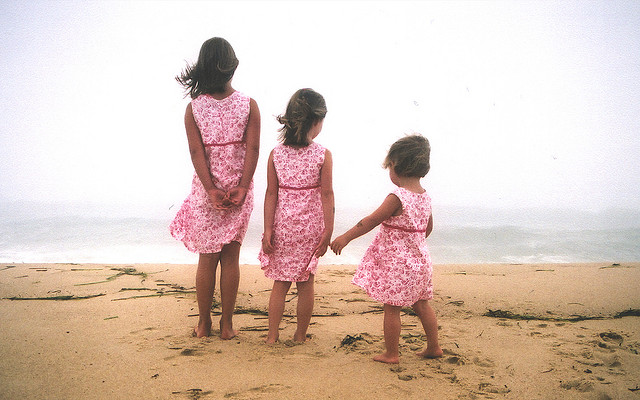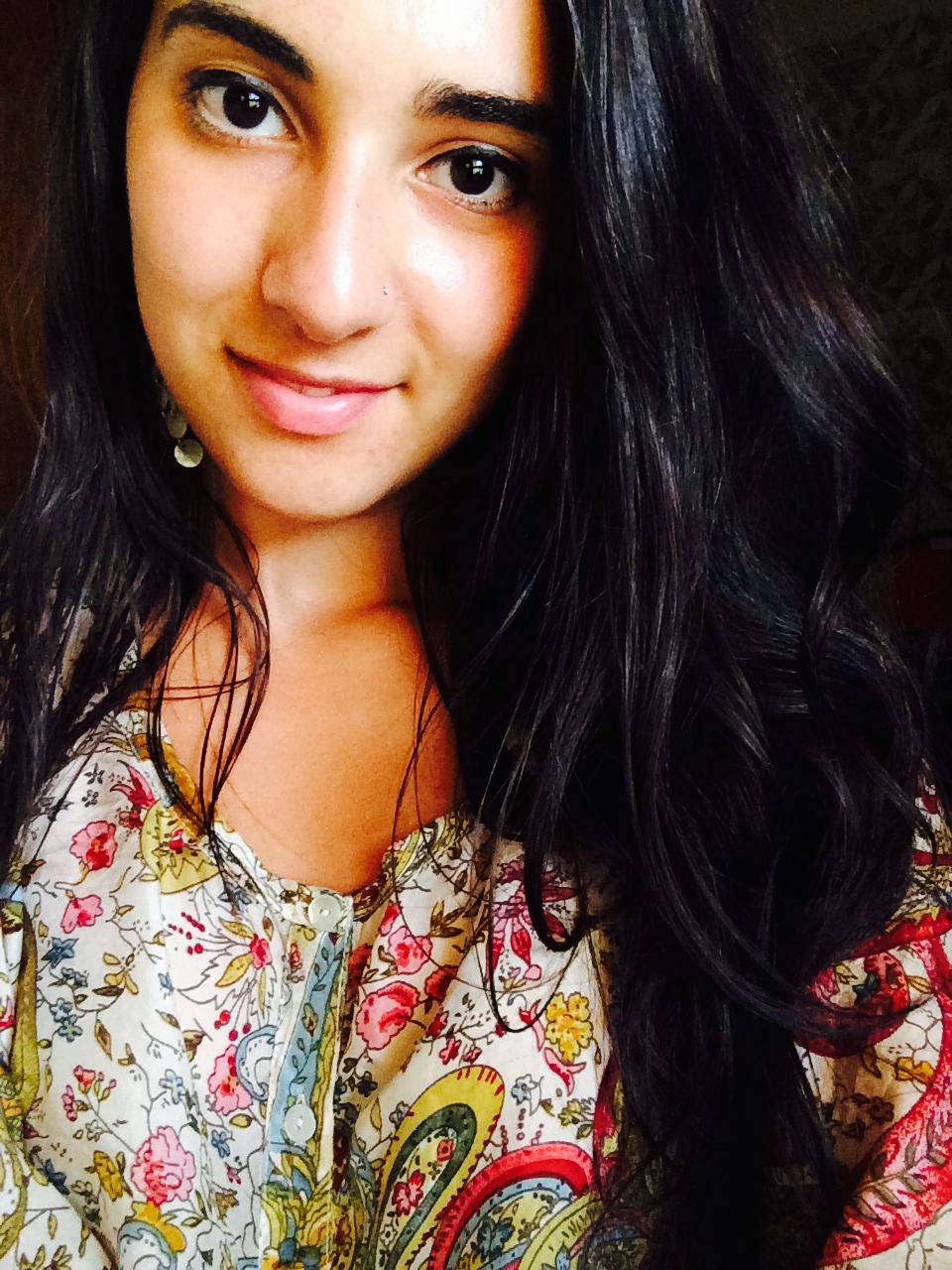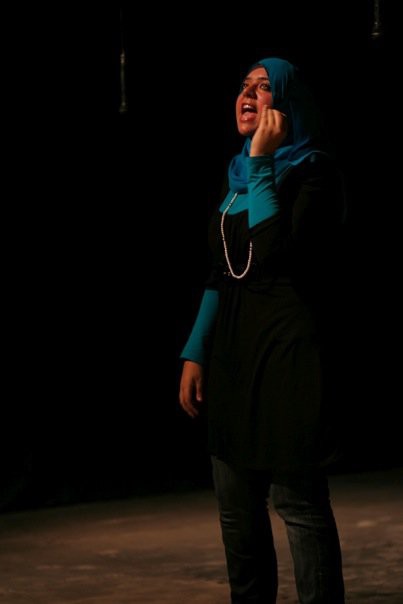I was born in the United States to parents who had immigrated to America from Nigeria and Ghana parents. I see my experience as a first generation American as both a gift and a curse. Because my parents chose to come here, I benefited from the education and the opportunity available in America; I would not have had access to these resources in either Nigeria or Ghana.
On the flip side, despite my having been born in this country, I am not treated like an American. What I mean by this is that as someone who is black, a female and a Muslim, I have to contend with assumptions, suspicions and inconveniences that, let’s say, a white Christian man may never have to experience. For example, I am asked to show I.D. when I pull out my debit card, I have been stopped for no specific reason by police. I am subject to “random” checks at the airport. I am asked to remove my hijab for I.D. photos. I have been called derogatory names like “African booty scratcher.”
These aggressions add up and eat away at a person’s sense of worth and dignity. However, now that I am older, I have grown into my identity and I’m far more comfortable and confident in who I am now than who I was as an insecure teen.
How long have you been writing poetry and what drew you to this art form?
I have been writing poems since I was nine-years-old, although I did not share my work until a little over a year ago when I decided to publish my poems on my Instagram page. Poetry allows me to both express myself and understand myself. There are times when I am tossing all night, turning my thoughts over in my mind and it is only when I sit down and commit that tangle of ideas to paper, that I calm down and am able to fall asleep. It is revelatory.
Much of my poetry features religious themes. It is interesting to note that the Angel Gabriel revealed the Qur’an to the Prophet Muhammad (pbuh) poetic verse by poetic verse. If the most important message of all came to us in the form of poetry, how powerful and effective this kind of communication must be! Poetry, unlike prose, has an element of rhythm to it, and something that short and mellifluous instantly hooks a reader, staying with him/her for a long time.
What inspired you to write this book?
I believe Allah inspired me to write “Nabila’s Garden.” There were definitely times when I wanted to end the whole endeavor. I loved writing the book, but it was the peripheral stuff—editing, promoting—that wore me down. It was in those low moments that I felt Allah filling my heart with inspiration. I was also determined to write a story that comes from the perspective of a black Muslim woman—a vantage point surely lacking in the literary world.
Who is the target audience for your book?
Everyone. I believe everyone can relate to this poetry collection. Anyone and everyone who has experienced love, heartbreak, loneliness, depression, thoughts of suicide, bullying, faith, marriage…the list goes on and on! My poems touch on all these issues. I especially want non-Muslims to read “Nabila’s Garden” because it will give them an opportunity to read a personal narrative from a Muslim woman—a point-of-view they don’t often get.
Why did you decide to address topics like suicide and bullying in your poems?
People in all kinds of communities suffer from these problems, but it is often ignored or dismissed. When I was in high school, a classmate of mine killed herself. She had sought help but I don’t believe she received the support that she needed. The subject of suicide is so taboo in the Muslim community that someone once told me that depression is akin to faithlessness. I don’t agree with this idea. I think the more openly we acknowledge pain, the better we’ll be able to handle it.
What emotional impact do you hope to have on readers?
I hope to leave readers inspired and understood. I hope they see themselves in Nabila and close the book feeling that someone has spoken up for them.





1 Comment